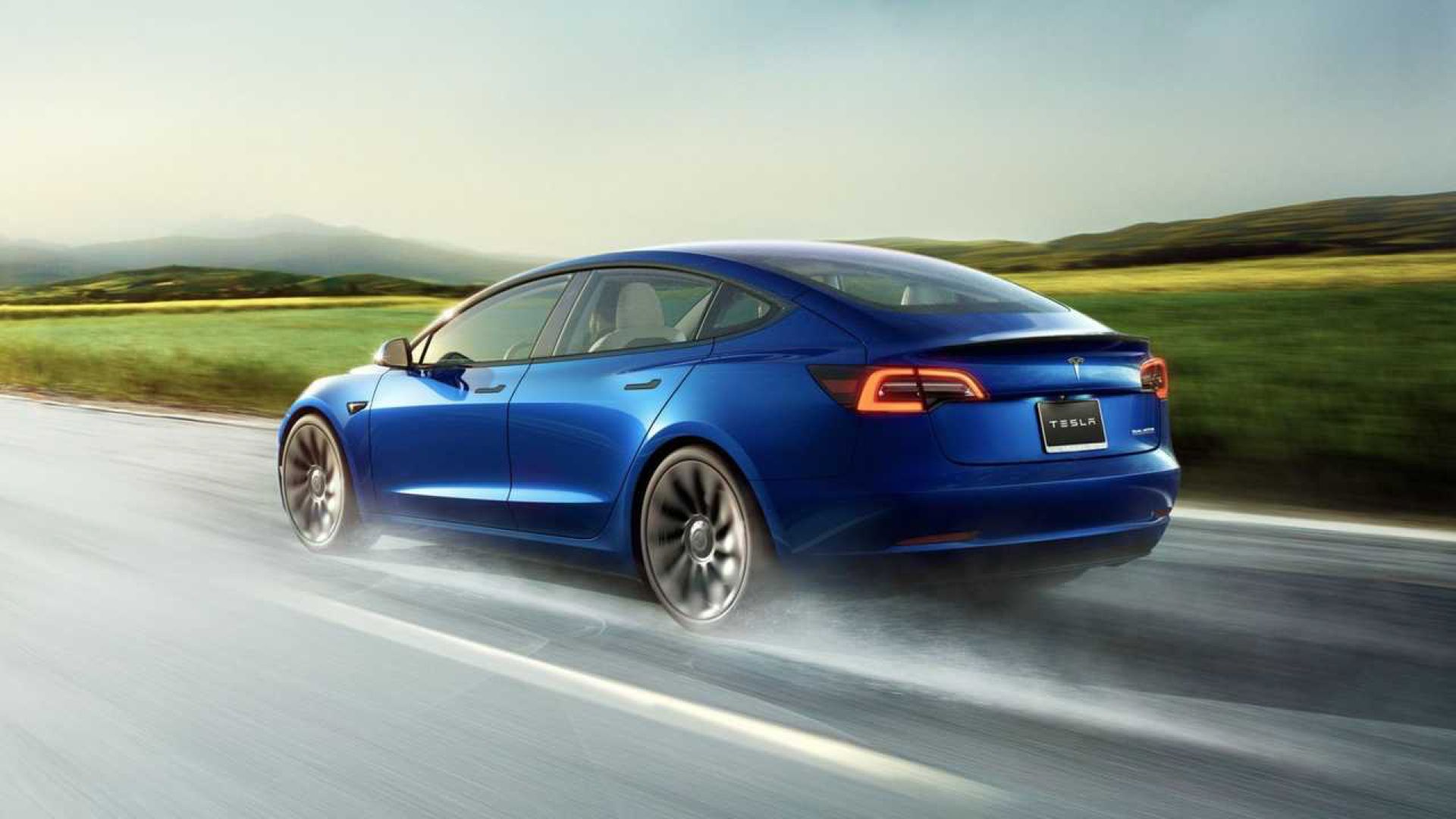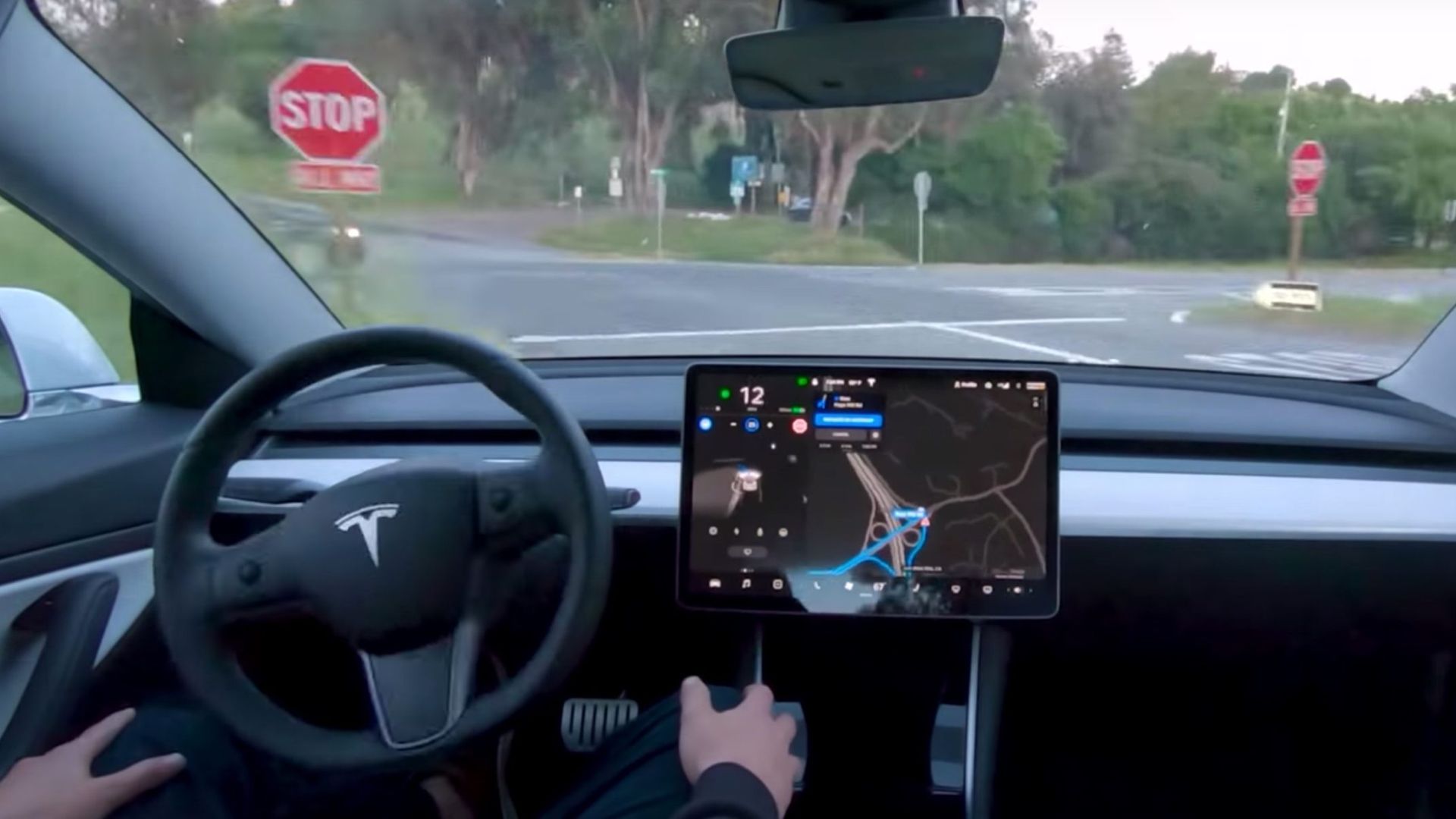Read update
- Within a day of this news, Tesla quickly released the v10.10 update to its Full Self-Driving software suite. According to Electrek, this fully removes the "rolling-stop" feature in the assertive driving mode, along with several other notable changes, upgrades, or safety enhancements. Owners can expect the FSD v10.10 update to arrive shortly. Those in Canada will receive it by the end of February.
Tesla must issue a recall and release an over-the-air software update to remove a feature from its highly controversial "Full Self-Driving" (FSD) mode. Late last year, Tesla recalled nearly 500,000 vehicles for several safety reasons, but this latest issue is a small software change that will let your EV break traffic laws.
Apparently, the FSD software version 10.3 added a mode that lets select vehicles participating in the Full Self-Driving beta roll through stop signs, which obviously, is not good. The FSD beta has multiple moods or modes for the car's driving style, including chill, average, and assertive. That last one is a bit aggressive, if you will, and is breaking the law.
UPDATE: 2/2/22
Within a day of this news, Tesla quickly released the v10.10 update to its Full Self-Driving software suite. According to Electrek, this fully removes the "rolling-stop" feature in the assertive driving mode, along with several other notable changes, upgrades, or safety enhancements. Owners can expect the FSD v10.10 update to arrive shortly. Those in Canada will receive it by the end of February.
Tesla's Assertive driving profile allows vehicles to illegally roll through stop signs at a 4-way stop at speeds of nearly 5.6 MPH, as long as the software detects no other cars nearby.
According to the National Highway Traffic Safety Administration (NHTSA) report, this issue affects almost 54,000 Tesla vehicles. The recall includes select models between 2016-2022 of the Model S, X, 3, and Y. The report states that "failing to stop at a stop sign can increase the risk of a crash," and after two meetings with Tesla execs, the company agreed to the recall.
Oddly enough, this feature came out way back in October of 2020 but just now received the attention it deserves from the NHTSA. Tesla promised that an upcoming firmware update would disable the rolling stop mode sometime in February.
It's worth noting that Tesla's Full Self-Driving software, and the name, are controversial, as it only offers limited driving help. In January, CEO Elon Musk said, "I would be shocked if we do not achieve full self-driving safer than a human this year." However, after this latest recall, it's clear that we're still pretty far away from that goal.
via Ars Technica


